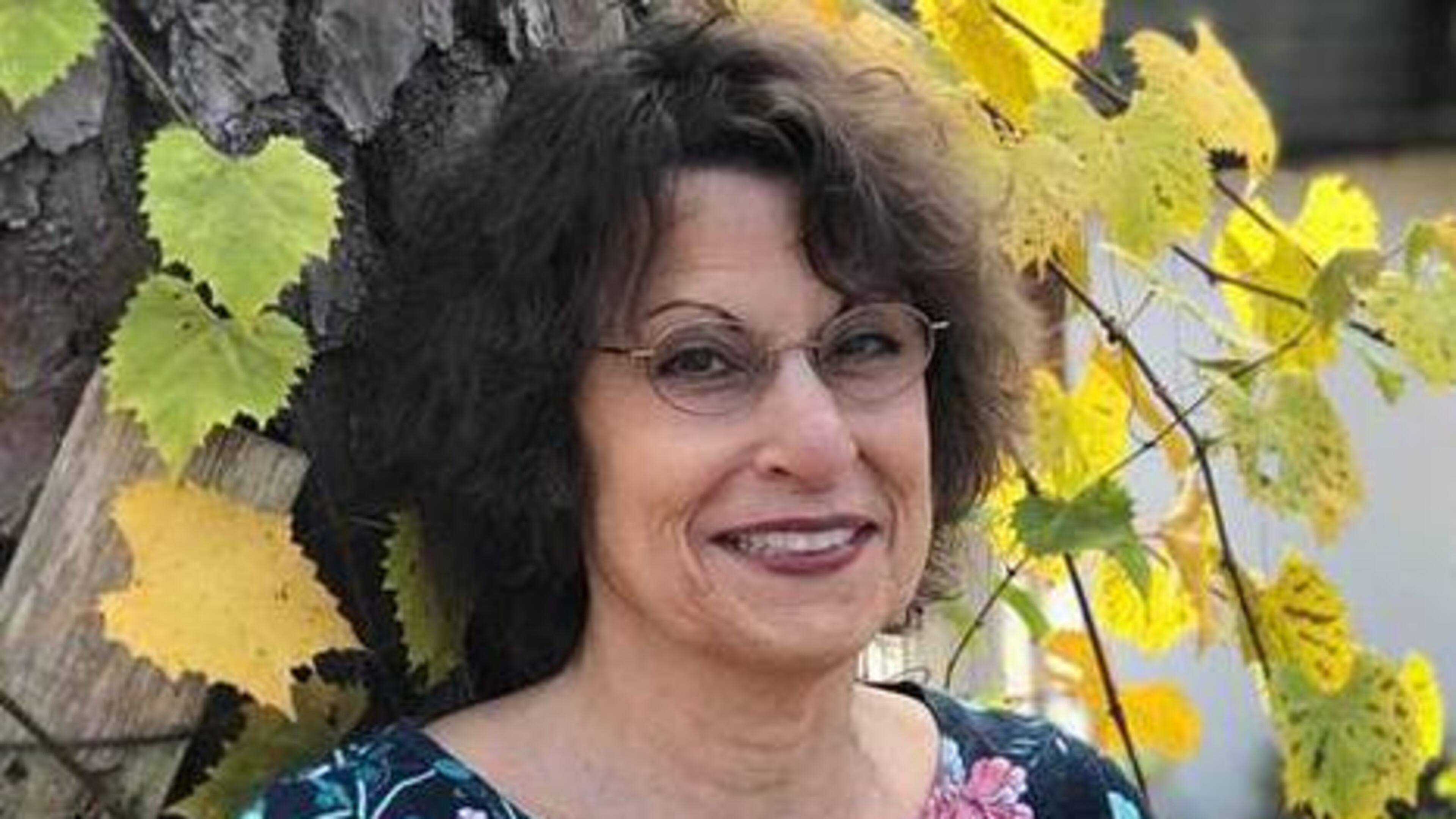Longing to worship in a brick and mortar church

I vividly remember the last time I went to Sunday Mass, which was before people began wearing masks and adhering to social distancing.
News was circulating about the initial occurrence of the coronavirus in Georgia and a possible mandate to stay home, so I had decided the night before it wouldn’t be wise to attend church.
At 7:15 that Sunday morning, I was at the dining room table in my pajamas, when a passage from St. Paul seemed to shout at me: “Who will separate me from the love of Christ?”
I quickly dressed and rushed to the 8 a.m. Mass, which was sparsely attended. As I walked up to receive Holy Communion, I had no inkling my spiritual hunger for Christ would go unsatisfied for many weeks to come.
Someone might say, “Sure, it’s a hardship, but you can watch Mass online.” That person also might opine, “Communion is just a sliver of unleavened bread and a sip of wine, so what’s the big deal?”
For Catholics and Eastern Orthodox Christians, it’s a huge deal, since we believe a miracle happens at every Mass, when the bread and wine become the body and blood of Christ.
And although we can pray and listen to sermons, when we watch online liturgies, we can’t receive Communion unless we’re in brick and mortar churches, which remain closed for the next month.
“Well,” this same person might say, “since you believe in miracles, why don’t you ask God to work a miracle and stop the spread of the coronavirus?”
Of course, I have prayed for this, as have millions of people, but God doesn’t answer every prayer with a “yes.”
A little girl named Mary Ann was born with a tumor on her face. In 1949, when she was 3, she went to live at Our Lady of Perpetual Help Home in Atlanta, a place where the Dominican Sisters of Hawthorne provide a loving environment for people suffering from cancer.
One day, a self-styled faith healer visited the home and spotted the girl, then boomed repeatedly,“Jesus can heal you!”
“I know he can do anything,” the child replied calmly. “It doesn’t make a bit of difference whether he heals me or not. That’s his business.”
The preacher no doubt believed that if you have strong enough faith, you’ll get whatever you pray for. The child, however, knew her faith was solid, but was aware that God doesn’t give us everything we want.
The Bible is replete with miracles, such as Moses parting the Red Sea, so the people could cross without drowning. Manna falling from heaven to feed the Jewish people, when they hungered in the desert.
In the New Testament, Jesus changed water into wine at a wedding feast, fed a crowd with a few loaves and fishes, and raised Lazarus from the dead.
The old saying that the Lord works in mysterious ways still rings true. He isn’t someone to be put under a microscope and analyzed by scientific means.
Scripture reveals that many people undergo extreme trials —in the absence of miracles — yet remain true to their faith. For example, Job suffered terribly without wavering in his beliefs, and his words remain relevant today: “The Lord gives and the Lord takes away. Blessed be the name of the Lord.”
Jesus made the ultimate sacrifice, going to the cross like an innocent lamb led to slaughter. Now God is asking a huge sacrifice from many people of faith, who can no longer worship him in brick and mortar churches.
In the garden, Jesus prayed to his father, “Not my will, but thy will be done.” This prayer covers every disappointment, every heartache and every wrenching sacrifice. It reminds us that even if the churches are closed, our hearts remain open to God.
Lorraine tells Mary Ann’s story in her book “The Abbess of Andalusia: Flannery O’Connor’s Spiritual Journey.” Her email is lorrainevmurray@yahoo.com.

